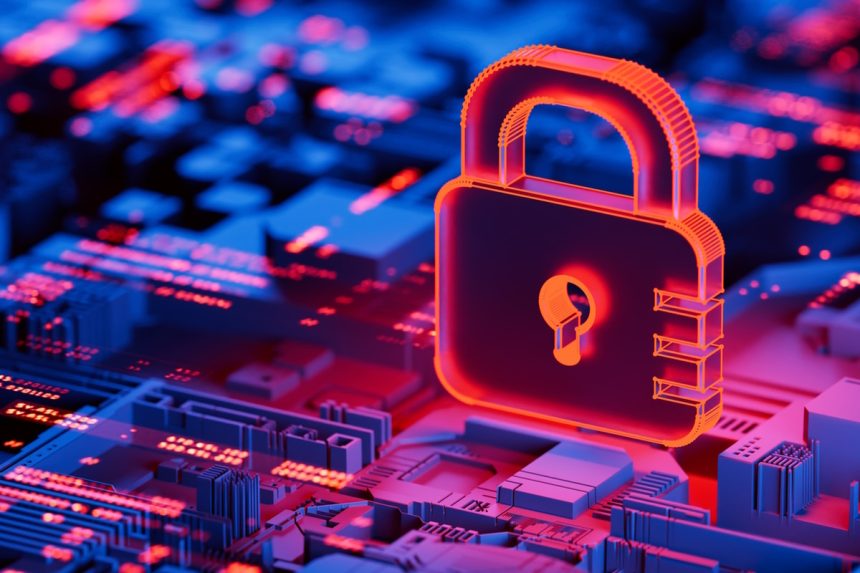Data Privacy is a topic that is becoming more relevant each day, and it is essential to understand how to secure your online presence. Last week was Data Privacy Week, and it was great to see professionals and enthusiasts shed more light on this topic. While it is important to shed light on what data privacy week is, let’s take a moment to discuss how we can protect our online data.
Here are 10 tips to safeguard your online presence:
1. Use strong and unique passwords for each account.
Avoid using the same password for more than one account. Your password should not contain anything that can be traced back to you, like your name, country or date of birth. This is because such details can easily be identified and having them in your password is a red flag.
2. Use a password manager.
Keeping track of all your unique passwords for each online account you have is a daunting task. Using a password manager will help you track your unique passwords. Do not worry about your password manager getting hacked. Password managers store your credentials in a harsh format which can take years to crack.
3. Enable two-factor authentication on all your accounts.
A two-factor authentication provides an extra layer of protection to your data. Nowadays, most applications like WhatsApp, Instagram and even Snapchat have a two-factor authentication feature. You can enable it to add an extra layer of security to access your account and the data that is associated with the account in question. This way no one can access your account or data with just your username or password.
4. Regularly update your software and apps.
Endeavour to keep your devices updated and clean. By doing so, you prevent malicious actors from infecting your devices with malware that can grant them access to your data and sensitive data.
5. Be cautious about what information you share online.
Not everyone needs to know what is going on in your life. Some things are better left “unposted”.
6. Think before you click.
Before you click on a link, ensure it is not malicious. How? You can copy the link and paste it into an online tool called “VirusTotal” and run it. It will state whether a link is malicious or not. This will help guide your decision on whether to click on the link.
7. Use secure Wi-Fi and avoid public and free ones at all times.
Using an unsafe Wi-Fi connection means the chances of a “middleman” having access to the data and information you share online is high. Always use a secured Wi-Fi source.
8. Backup your data.
Unfortunately, you can still lose your data after doing all of the above but backing it up will save you the stress of not getting access to your data anymore. Back it all up as frequently as possible.
9. Check your privacy settings.
Privacy settings on most applications help to show who has been granted access to our data or account. Ensure that only authorized people can access your online data or directly interact with your online presence. Once in a while, we grant access to certain people for a short while and forget to revoke access. This should not be so; revoke access once the deed is done.
10. Share your data protection tip in the comment section!
By implementing these measures, you can ensure that your online data remains safe and secure. Let’s continue to stay vigilant about our online privacy.
You can also sign up for my blog on Medium. I share cybersecurity tips and cybersecurity career tips too. Sign up here – https://medium.com/@theresaaasiedugyamfi
–
Article by: Theresa Adu Gyamfi | univers.ug.edu.gh




